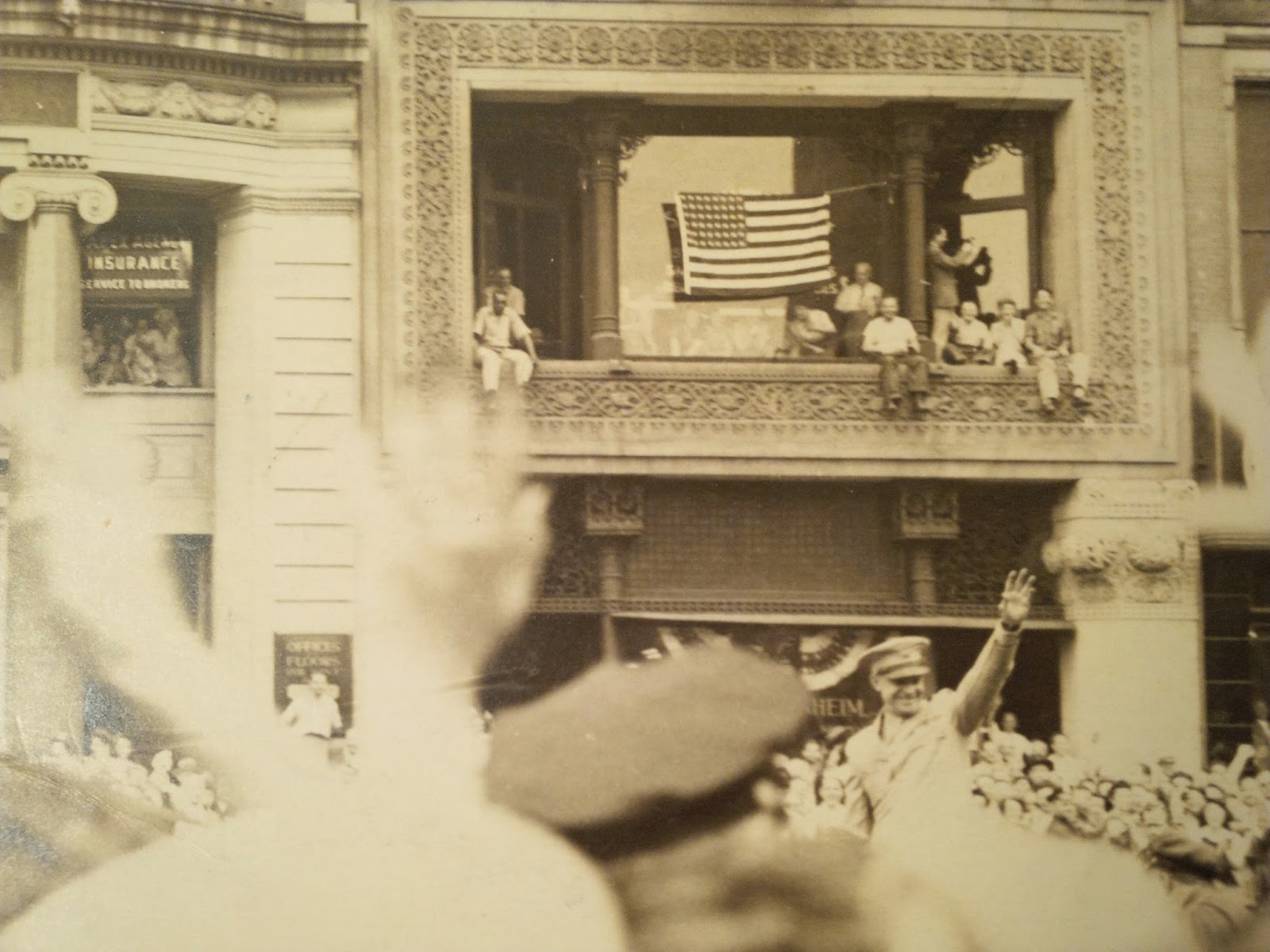 Never one to worry about fashion, I didn’t think much when someone told me I didn’t have the right clothes. We weren’t talking about couture for a high-society event; we were talking about everyday wear for life in New Hampshire.
Never one to worry about fashion, I didn’t think much when someone told me I didn’t have the right clothes. We weren’t talking about couture for a high-society event; we were talking about everyday wear for life in New Hampshire.That conversation took place many years ago, when I relocated for a new job. I was moving from the Philadelphia area, which certainly has snow and ice and other winter hazards. Still, I was totally unprepared for the cold and intensity of a New England winter. My friend was right. I didn’t have the right clothes.
What saved me was a shopping spree that included a full-length down-filled coat, fleece hats and mittens, long scarves, long underwear, wool socks, and warm boots.
What reminded me of this scenario was helping my Florida-based mother prepare for her first winter trip up north in several decades.
We both kept repeating the same mantra: layers, layers, layers. Yet our interpretations were completely different. It’s not unusual in winter for me to wear a camisole under a turtleneck under a sweater. And that’s indoors, where the thermostat is set at 66 degrees.
When my mother arrived up north at my brother’s house and put on her layers – basically a tissue-paper tank top under tissue-paper blouse under tissue-paper overblouse – she still shivered. She also fought our attempts to wrap her in a Carhartt hoodie and pashmina scarf, but the added warmth was too alluring. When we went outside, she protested against the woolen mittens because they clashed with her coat, but I noticed they stayed glued to her frozen fingers.
I was concerned the blast of frigid air would dissuade her from plans of moving up north to be closer to family, but so far she’s been a trooper. We’ve dragged her from model apartment to model apartment, and while we haven’t found her next new home, the door is still open to the search.
There’s nothing to be done about the cold of winter but to dress appropriately. And when the time comes, we’ll see to it that my mother has the right clothes.























